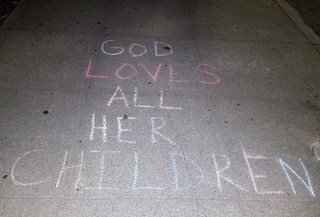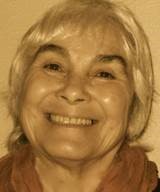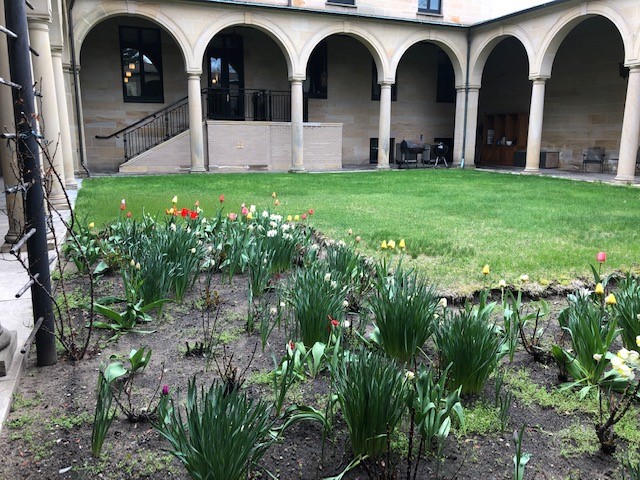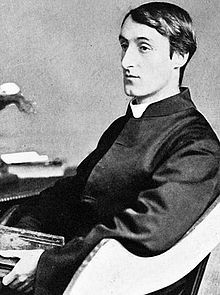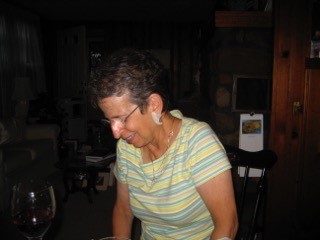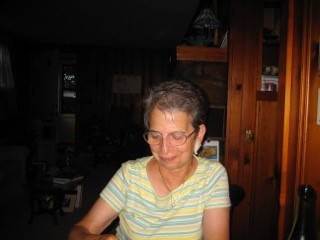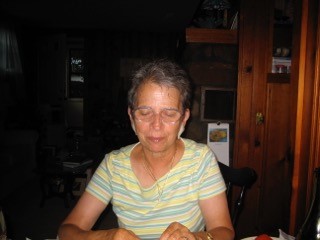Pre-note:
In the last three decades or so, a new theory for identifying human life on an archaeological site treats the organic remains of flowers at a burial site as more compelling evidence of humanity than finding tools on the site. Beauty offered to treat someone who has died as beautiful and sacred may run more deeply human than the ability to set goals and marshal resources to achieve them. This early May weekend will bring some citizens from our university community of learning on Six Mile and Livernois across the state to St. Joseph where we will cherish one of our Robotics Engineering students, Miles Kelleher. He left us, and his young life, last Saturday. We will drive, carrying with us our love for Miles, to join other student and teacher friends, and his family, in this deep goodbye. The drive, the stories we will tell and listen to today and tomorrow, are beautiful deeply human; perhaps we can imagine the stories as the flowers we bring to say, with their beauty, that Miles’ beauty will endure and travel our lives with us.
Today’s Post
Today poem was written by another of our students and posted here last August. It evoked more email comments than any of the nearly 700 posts since the list began in September 2013. The beauty of Maria Ibarra’s language and cadence has stayed in my imagination all this year. As I post her words again, I imagine them as flowers brought to Mile’s place in the world.
Best to read the poem out loud, with pauses. May these next days bless you.
john sj
Today’s Post Maria Ibarra Frayre
Friday, May 3, 2019
“But how can they believe me?
When sometimes I don’t even believe myself.
Maybe it’s time to be loud.”
*****
*****
“Being Catholic”
I wear my faith quietly,
like a pebble in your pocket
Smooth and cold,
Comforting when you hold it tight in your hand.
But to be more honest,
I wear my faith secretly, cautious of who
to tell the truth because
I’m not sure how my circle
of liberal, leftists, almost
socialists would take it.
How could I, a feminist who uses reason,
logic, and kindness, follow a church
that doesn’t let women be leaders?
Follow a God
who believes LGBTQ loved ones will rot in hell?
follow an institution
that rapes children?
Stop.
I want to tell them that
that isn’t my church, isn’t my God.
My God lives in jails and detention centers,
in water bottles left in the desert,
and school teachers who work too much for too little.
My God is in parents who love their gay
and trans kids as reflections
of God’s own image.
My faith is the holiness of women, the life
in service for others.
My God is liberation.
She is the power of the storm
and the stillness of it when it’s over.
She is Brown laborers
rebuilding a city,
and the sweat of their foreheads
feeding their families.
But how can they believe me? When
sometimes I don’t even believe myself.
Maybe it’s time to be loud.
As loud as the annoying (and wrong) fetus
fanatics who are pro-life without
really being pro-living.
Maybe it’s time to let my faith breathe. Take
my pebble and let throw it
in the water.
Let it make ripples.
No.
Let it make a fucking tsunami.
p.s. Maria is the Southeast Michigan regional organizer for We the People Michigan. She immigrated to the U.S. from Mexico when she was nine years old and grew up Southwest Detroit and Dearborn. Maria has been fighting for immigrant justice for almost a decade, including grassroots organizing and political advocacy. She works closely with grassroots organizations to create alternative systems of immigrant-centered support and working to put people of color and women in positions of leadership. Maria graduated from the University of Detroit Mercy with a degree in English, and then went on to get a Masters of Social Work at the University of Michigan. On her free time Maria likes going for hikes, drinking expensive tea, and trying to publish her poetry.

